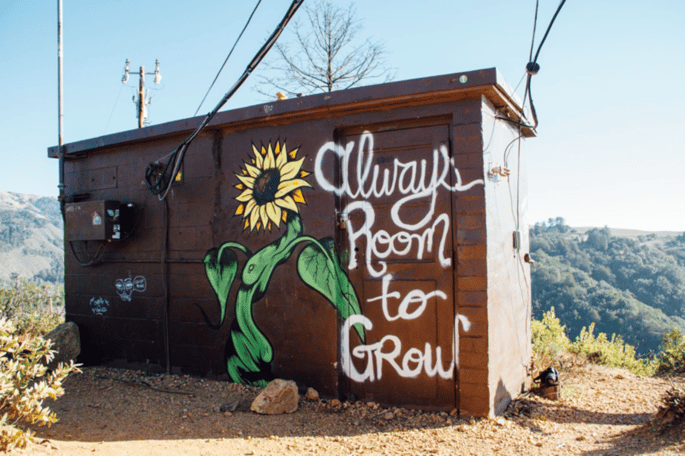Rebellious workers can be fountains of creative thought.
3-minute read
Welcome to August's Study of the Month!
This month's question: How can organizations harness rebelliousness for good?
I'm thinking a lot about the necessity for productive rebellion with the passing of civil rights luminary Representative John Lewis, who seared into the collective consciousness the power of creating, “Good trouble, necessary trouble.”
History is full of heroic rebels. George Washington, Galileo, and Rosa Parks reinforce a cultural narrative of the necessity of challenging authority. In our current moment, human rights luminaries like Malala Yusefzi or Greta Thunberg defy norms to elevate our shared humanity. Our cultural imagination is alive with stories of entrepreneurs in technology and business disrupting the status quo.
However, as the lens shifts from great figures in history to groups of people working together, the story of rebelliousness gets complicated. Within organizations, rebels can create great innovations and solve problems in unexpected ways--or sow the seeds of destruction and disharmony. Employees who defy authority make life harder for managers and executives--or break through unnecessary bureaucracy in pursuit of innovation. Rebellious workers can be fountains of creative thought--or a headache to be managed out of the organization.
The Question
A team of European researchers studied the relationship between rebelliousness and creativity in an attempt to understand the potential value of defying authority and breaking the rules.
Their central question: Under what conditions do rebellious employees produce creative results?
The Study
Researchers selected workers from across sectors and seniority levels. Each study participant took a series of baseline personality tests, including questions related to rebelliousness like, “On a scale of 1-5, how much do you use curse words?” and “On a scale of 1-5, how capable are you of getting around the rules?” [Author’s note: “A f**king 5” and “Uh, if my bosses are reading, a 1…”]
They then asked participants to journal their workplace experience, with a focus on two factors:
- The weekly goals that participants set. For example: “This week I focused on getting as many tasks as possible done.” or “This week I focused on fulfilling the responsibilities of my job.”
- How creative, innovative, or novel their work output was. For example: “This week I demonstrated originality in my work.”
The Findings
Workers who report themselves as more rebellious also report themselves spending more of their time at work solving problems creatively or deploying novel solutions, but only when they’re not worried about the risks!
Rebellious employees were more creative and original when the rebels believed their work would help them achieve a goal--for example, hitting a production target, serving a client’s needs, or advancing their career.
Rebellious employees were less creative in weeks when they felt that their work would help them avoid a loss--for example, failing to meet the responsibilities of their role.
The Takeaways
Psychologists call the difference in mindset between ‘achieving a goal’ and ‘avoiding a loss’ promotive and preventive goal orientations, respectively. This study showed a clear correlation between a promotive orientation and how often the rebels felt they were harnessing their creative energies.
To get a better understanding of these findings, think about how you’d feel in a workplace when you had the opportunity to be recognized for solving complex problems in interesting ways. Now think about the difference in how you’d feel if you were constantly worried about not meeting expectations, violating procedures, or letting the client down.
For creative rebels, ask yourself: What am I working towards? Staying focused on achieving goals can be a powerful way to let your deviant tendencies express themselves in productive ways.
If you lead a team with rebels on it, remind them how their work makes a positive difference. Help them see how they’re working in concert with the rest of the team to achieve good things. When their rebellious streak leads towards some minor rule breaking, seek to understand what their goal orientation was. If they were focused on achieving the same aims as the team, you may have the seeds of innovation on your hands.
What’s a goal you’re working on that could benefit from a promotive reframe?


